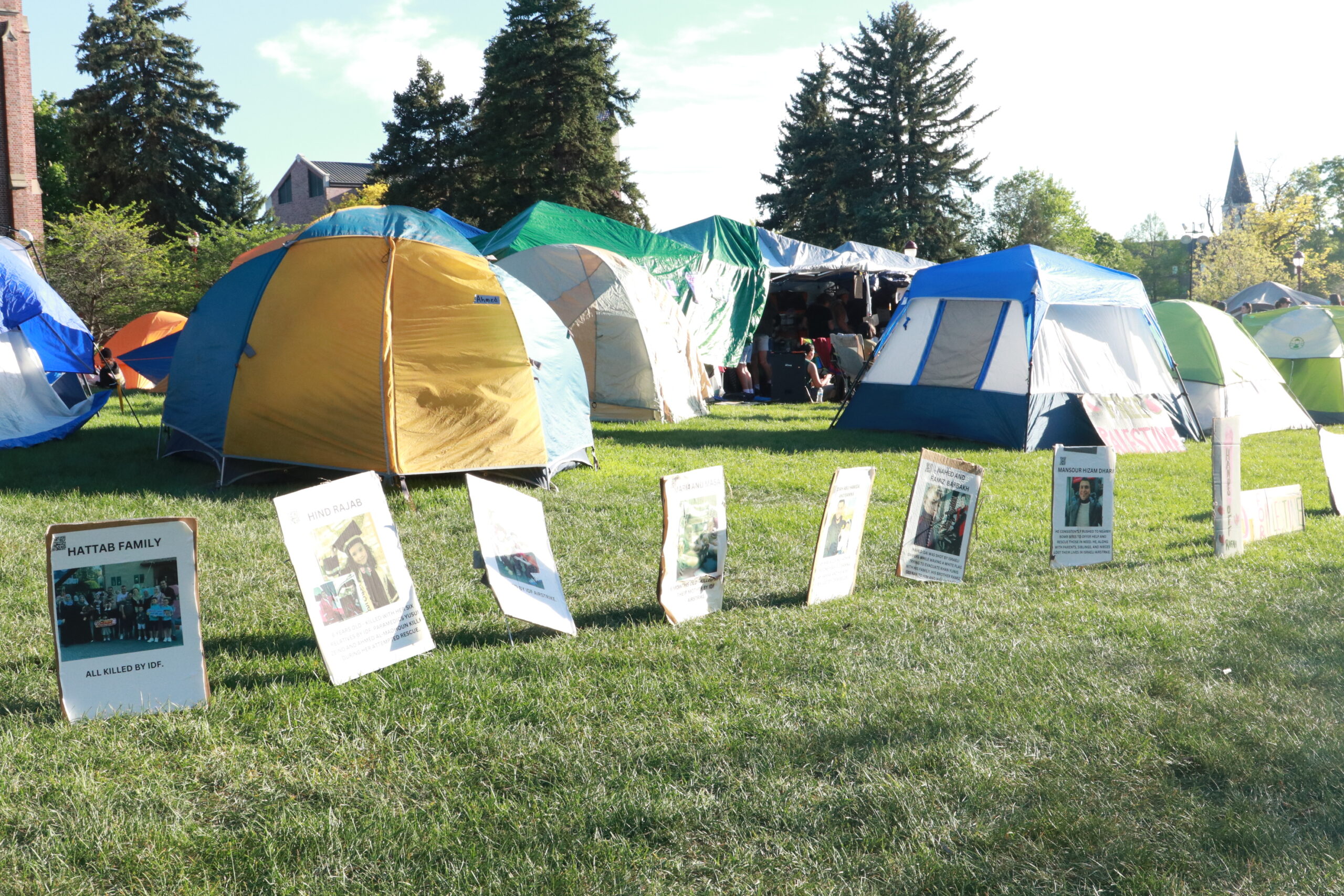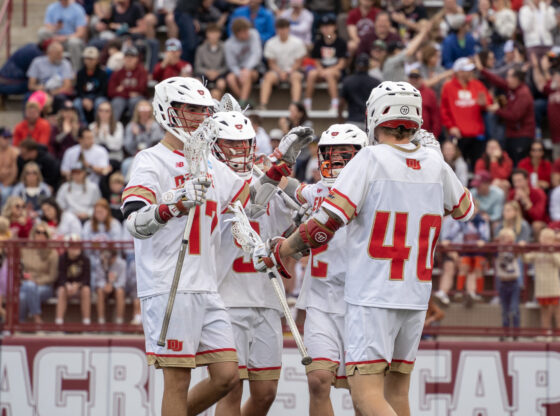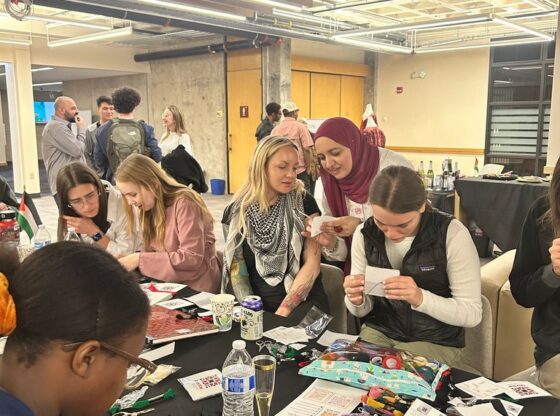“The reason I believe Eric and Dylan were really cool to do what they did is because they stood up for themselves,” said Mellissa Andersen, a 17-year-old who runs an Eric and Dylan “fan site.”
“Every single day they were teased, and I can relate to that. They were constantly messed with, and even though they repeatedly told people about it, they knew nothing would be done unless they took matters into their own hands. After April 20, all of the popular kids in schools around America left the unpopular kids alone because they were afraid of another shooting at their school by someone they had teased.”
One of the things about having an outsider look at something, a social event or tragedy which you cannot distance yourself from or be objective about, is that they lend an objective perspective on the event which would be lacking otherwise. Such is the case as we enter the fifth year following the Columbine High School shooting.
The above quotes are from Great Britain’s Independent’s look at the cult of Eric Harris and Dylan Klebold, that thrive on the Internet with Web sites like “In Remembrance of Eric and Dylan” and discussion lists with thousands of members, help show us the feelings of isolation, separation and powerlessness that they felt in high school are still going strong in America’s schools today.
As one British citizen who had been educated in the United States, Britain and France pointed out, “The U.S. high school system is unusually vicious. Of course all teenagers are cliquey and can be cruel. But there are two differences in the U.S. system. The first is that it is unusually hierarchical. In American schools, it’s like the bloody Indian caste system. Jocks simply rule the school, and everyone knows it. They are indisputably at the top, and ‘freaks,’ which means anybody a little bit different and included Eric and Dylan, are indisputably at the bottom.
“The second big difference is that the hierarchy the teenagers create for themselves is reinforced by parents and the school authorities, by giving out awards to the ‘Prom Queen’ and the football squad. While most British or French parents see their teenagers’ social affairs as trivial or even slightly comic, American parents take it incredibly seriously. It’s given a kind of official imprimatur, because they build their kids up to be cheerleaders or jocks and they’re openly disappointed if they don’t make it. For ‘freaks,’ it’s not just like they’ve failed in the eyes of their schoolmates — it’s like they’ve failed for life.”
The individualistic and personal-success oriented culture that America fosters is personified by high school. The “in” crowd and the “out” crowd: the nerds, jocks, prom queens and outcasts all typify the quintessential U.S. public high school. The hierarchy created within the student system and the perpetration and validation of it by the faculty, staff and administration of the school — not to mention on the national level with “Who’s Who in American high schools and universities” and the National Merit Honors Society, helps to elevate the individuals who excel academically, athletically or socially, at the expense of those who just don’t “fit in.”
At the moment, certainly on a national level and on a regional and local level as well, the changes needed to bring about “a revolution in our hallways and libraries and dining halls” is not taking place. Bush’s “No Child Left Behind” Act calls for rigorous testing and high academic standards, but leaves no space to implement “a revolution” at the social and cultural level, to ensure that the students, who don’t fit in — at any level — don’t get left behind.
Eric Harris and Dylan Klebold turned the hate and teasing they had received at the hands of their fellow classmates around on them and “hated back,” in the words of one of their friends: with bombs and guns. What they had experienced they turned around and physically escalated one-thousand fold. They “were putting their victims into the roles they had been given by their peers. They were assuming power over them. Ironically, their frightened strength is more likely to be remembered than their feels of loneliness, isolation and weakness.”
That does not condone what they did. At the same time, the wake-up call that Columbine High School afforded the nation, five years on, has yet to be fully heeded.











